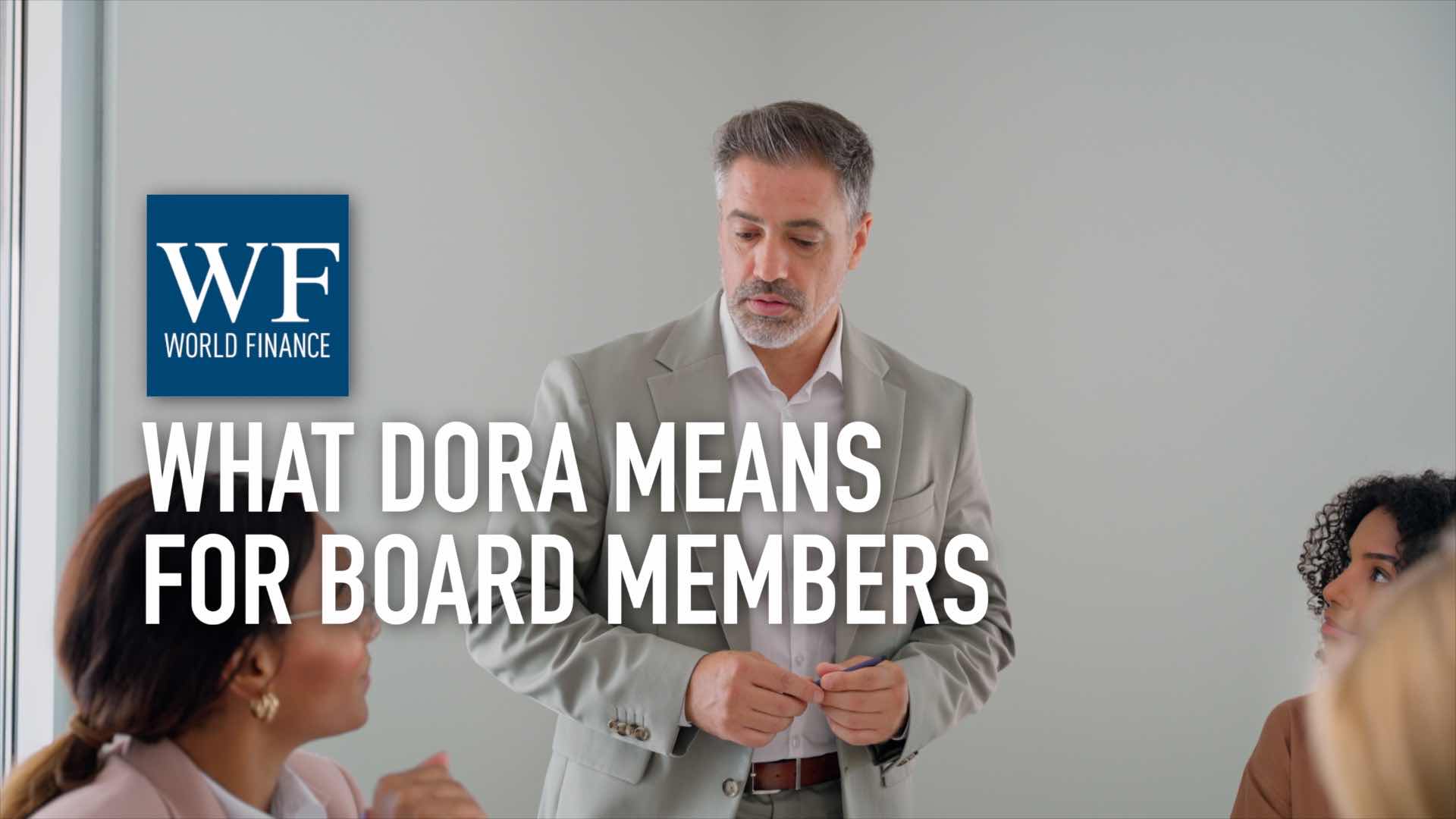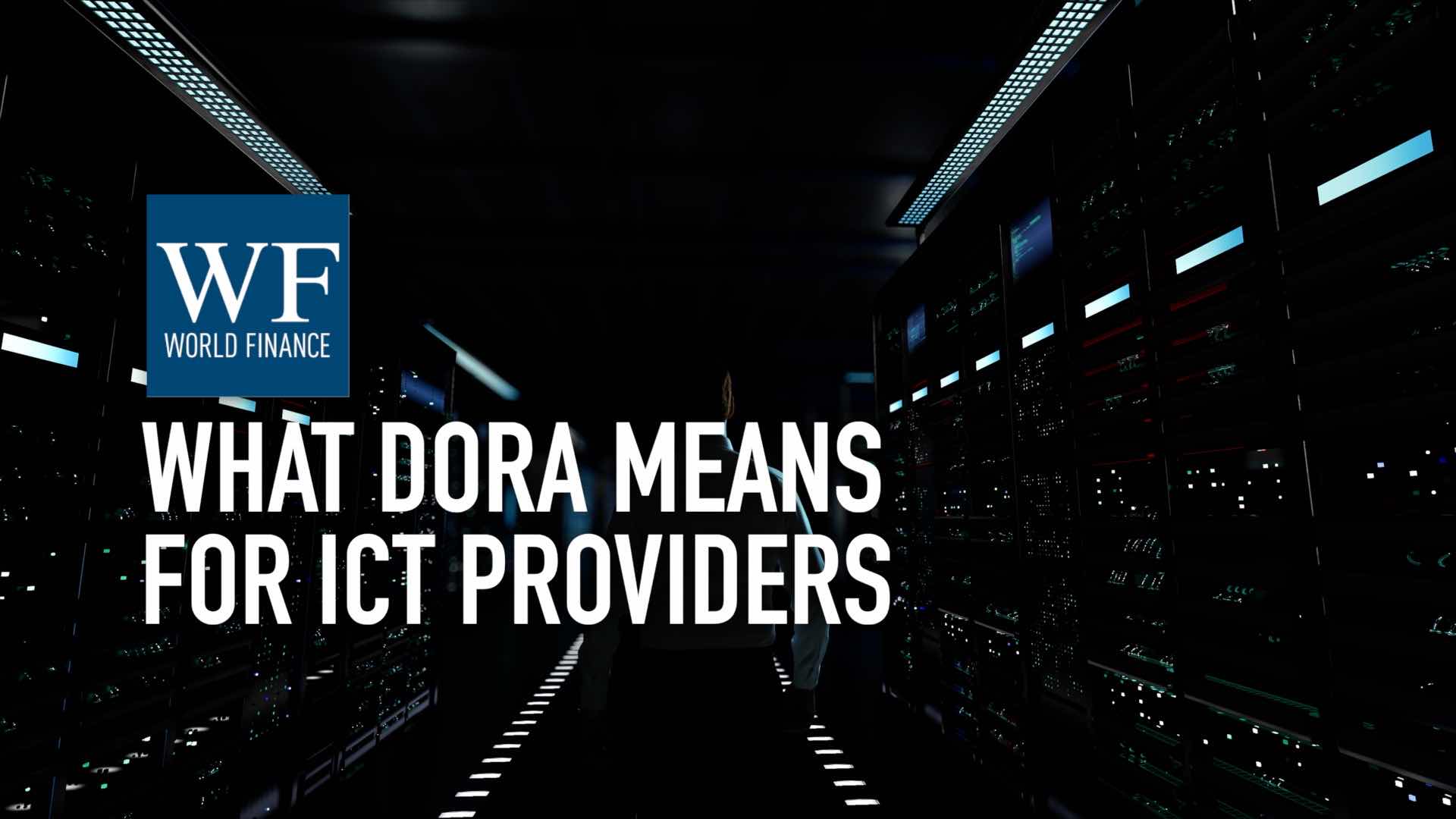Saudi Arabia opens doors to foreign investors
Saudi Arabia's $560bn stock market is now open to investment from qualified foreign investors – Khalid Al-Muammar and Ali Imran lay out the next steps
Related:
Transcript
Saudi Arabia has opened its stock market to foreign investors with more than $5bn in assets under management. The initial reaction was extremely positive, explain Khalid Al-Muammar and Ali Imran from Saudi Hollandi Bank, but significant investments may be delayed until Saudi Arabia enters the MSCI index in 2017.
World Finance: Saudi Arabia has opened its stock market to foreign investment. Here to share insight on how the investment community will mature and diversify, Khalid Al-Muammar and Ali Imran.
So, Khalid, first let’s talk about how the investment community reacted to this news?
Khalid Al-Muammar: The response has been great. Before the announcement, before the actual law went live, the market expectation was extremely high. That has been damped a little bit later on, due to a number of factors.
First of all, the drop in oil prices obviously had an impact on the appetite of foreign investors to come into the market. But also foreign investors would require time to digest the law and to see it played action; and also to be comfortable with the legal framework in Saudi Arabia.
World Finance: What competitive advantages do you think that the Saudi stock market and its respective local industries have over regional players?
Khalid Al-Muammar: We will experience change in the investment environment and investment strategy in Saudi Arabia. I envisage two main changes to be there: first enhanced market sophistication as well as fostering of the international best practices.
Sophistication: currently the market is dominated, the daily trading volume is dominated, by individuals. Individuals really have a short-term speculation in the investment arena, whereas a foreign institutionalised investor will have a much longer-term interest in the market.
World Finance: Given these opportunities, let’s talk about the depth of the foreign investment community and how that’s going to shift given this news.
Khalid Al-Muammar: The registration of QFIs – qualified financial institutions – has been slow. However going forward, the depth of investment will relate to the timing of Saudi Arabia entering into the MSCI index for emerging markets, which is expected in 2017. Then, international funds will have to allocate percentages to the Saudi stock market, and we will be able to see major funds flow into the economy.
World Finance: Ali, we just heard about some of the upcoming changes that are going to arise. Tell me about how the needs of your clientele are equally going to keep pace?
Khalid Al-Muammar: In the past the traditional methods of outreaching communication has served the industry well. But the new generation of young millennial customers are very demanding, and they are on multiple channels.
The test doesn’t work in the sense of being connected with the financial services not through the traditional methods. Today most of them, spend their lives on smartphones and social media. These are probably the two most important platforms where they expect their service providers to be. And so that is the case in our area – we are very active and visible in mobile banking, as well as the various social media platforms.
World Finance: Let’s be more specific about trends relating to in-demand services for smart banking in Saudi Arabia.
Khalid Al-Muammar: It is essentially providing all sorts of financial services, products and offerings accessible on the go.
The demand primarily that we see is the service delivery in terms of ease, intuitive design, and making sure that simple, easy products are delivered through the mobile banking platforms, which are relevant, and suited to their life styles.
World Finance: Finally gentlemen, let’s talk about global macro trends. We know that lower oil prices of course have an impact on markets all over the world. Let’s talk about Saudi Arabia in particular.
Ali Imran: The investment banking in particular in Saudi Arabia has been the first to feel the hit with the market correcting itself back in October as result of the falling oil prices.
Furthermore, we should expect that the appetite for industries to list their companies, for example, will be lower and they will have to wait until valuations are improved further. Having said that, I believe that with challenges come opportunities. And I believe that the mergers and acquisitions area of investment banking will flourish, given the fact that companies would see merit in consolidating their expenses and their costs by merging.
Furthermore, the government is intent on privatising the public sector, which will further help the government to reduce the cost burden, since the income has definitely reduced by 50 percent over the same period last year. As a result of that, I see more opportunities for investment companies to act as financial advisers and underwriters of potential privatised sector of the economy going public and being floated in the stock exchange.
World Finance: Very interesting, so you know, we are talking about global oil prices right now, tell me how is that having an impact on the local financial sector?
Ali Imran: As far as the retail banking is concerned the demographics of the Kingdom are extremely compelling. More than 65 percent of the population is under 25, which makes a very strong business case for retail banking growth in the medium to long term.
The non-oil GDP reforms: I believe the government will continue to focus, and that should lead to sustainability in terms of employment creation. That’s one of the most important attributes that will fuel the continuous growth of retail banking.
As far as the Kingdom is concerned, it is still under-branched compared to developed markets, so we expect there will continue to be an expansion in the branch network, into the ATMs, as well as the point of services terminals as well.
World Finance: Phenomenal discussion today thank you so much gentlemen.
Khalid Al-Muammar: Thank you for having us, thank you.
Ali Imran: Thank you.

 What the Digital Operational Resilience Act means for board members and CEOs
What the Digital Operational Resilience Act means for board members and CEOs What the Digital Operational Resilience Act means for third party ICT providers
What the Digital Operational Resilience Act means for third party ICT providers
